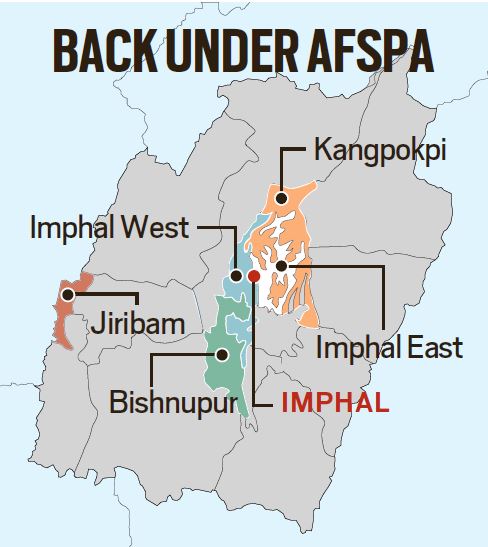Image Source
In a deeply saddening incident, Atul Subhash, a 34-year-old tech professional, was found dead in his Bengaluru residence on December 9, 2024. Originally from Uttar Pradesh, Atul worked as a senior executive for a private firm in Bengaluru and had been living alone in Manjunath Layout after separating from his wife. His untimely death has sparked a nationwide conversation about mental health, misuse of laws, and the urgent need for legal reforms.
The Events Leading to the Tragedy
Atul’s death was ruled as suicide, and investigators discovered a detailed 24-page note in his home. The note included four handwritten pages and 20 typed pages, accompanied by an 80-minute video that outlined his struggles. In these documents, Atul alleged harassment by his estranged wife, Nikita Singhania, and her family. He claimed they had filed false cases of cruelty and dowry harassment against him to extort a massive sum of money—₹3 crore—despite already receiving monthly maintenance of ₹40,000.
Atul’s pain and frustration culminated in his decision to make his note and video accessible via a publicly shared Google Drive link. However, in an unexpected twist, key files, including the suicide note and a letter titled "To Milords," which criticized the justice system, mysteriously disappeared from the drive a week later. This disappearance has raised suspicions of a potential cover-up and sparked outrage on social media, with many demanding transparency and justice.
Arrests and Denials
Following Atul’s death, the Bengaluru police arrested Nikita Singhania in Gurugram, along with her mother Nisha and brother Anurag in Prayagraj, Uttar Pradesh. They have been charged with abetment to suicide. During police questioning, Nikita denied all allegations, asserting that she had been living separately from Atul for nearly three years and was the one being harassed. She stated, “If I harassed him for money, why would I stay away from him?”
The Judiciary and Men’s Rights
Atul’s case has also shed light on the limitations and perceived biases in India’s judiciary system when it comes to addressing men’s grievances in marital disputes. Many have argued that men often feel voiceless and powerless within the framework of laws designed to protect women from domestic violence and dowry harassment. While these laws are undeniably crucial for safeguarding women, they sometimes fail to account for instances of misuse, leaving men like Atul vulnerable and without a fair platform to raise their voices.
Critics argue that the system’s current structure inadvertently silences men, creating a scenario where accusations can lead to irreversible personal and professional damage before proper investigations are conducted. Atul’s case exemplifies how the absence of balanced legal recourse can exacerbate an individual’s mental and emotional struggles, with tragic outcomes.
The Broader Implications
Atul Subhash’s tragic death has reignited debates over the misuse of gender-specific laws in India, particularly those related to domestic abuse and dowry harassment. Many believe these laws, while critical for protecting women, are occasionally exploited, leading to devastating consequences for falsely accused individuals.
This case underscores the urgent need for balanced legal frameworks that protect victims without enabling misuse. It also highlights the severe impact of prolonged legal and personal battles on mental health, emphasizing the importance of mental health awareness and support systems.
A Call for Change
Atul’s story is not just a personal tragedy but a societal wake-up call. It demands introspection into how legal systems can be reformed to prevent misuse, how we can support individuals facing personal crises, and how mental health can be prioritized in our fast-paced, high-pressure lives.
As authorities continue to investigate the circumstances surrounding Atul’s death and the disappearance of critical files, his case remains a poignant reminder of the complexities of human relationships and the need for empathy, fairness, and reform.
Let Atul’s story inspire change, foster dialogue, and ensure that no one else feels isolated or unheard in their struggles.
Team Yuva Aaveg-
Mayank
Join Yuva Aaveg! 🌟
A vibrant community dedicated to empowering youth with the latest insights, discussions, and updates on topics that matter. Connect with like-minded individuals, share ideas, and stay inspired to make a difference.
WhatsApp Telegram











